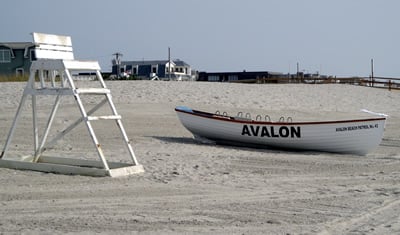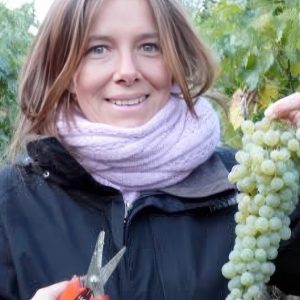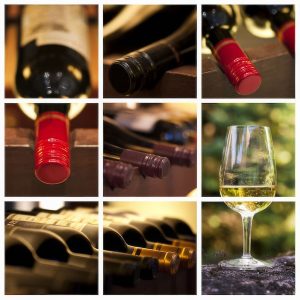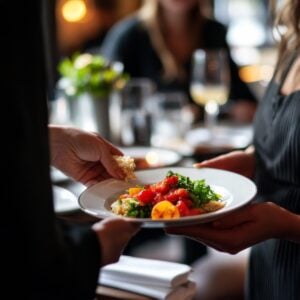Sitting here on the beach in Avalon, NJ, one of the most beautiful places to vacation reading Mark Schatzker’s new book Steak – One Man’s Search For the World’s Tastiest Piece of Beef, one of the most interesting books I’ve ever read on the subject of beef.
No, it’s not a typical beach read. I enjoy a fast-paced detective novel that I can scan through in a couple of days. This is a combination travelogue, history, and biological culinary guide into the world of meat, where it comes from, what’s in it, and why we should look for the real thing.
I’ll be writing more about Mark’s book when I finish but for now, I highly encourage you to read my interview with Mark if you are a foodie or someone who loves a good steak and wants to learn the truth about today’s beef industry and then go out and buy Steak. So far I have learned about beef from Texas, France, Scotland, Italy and am now learning about the famous Kobe beef in Japan.
Terroir – Eating Geographically
What I wanted to talk about in this blog is the French term “terroir” Mark describes in the Italy chapter. He writes,
“Describing what terroir means is not easy. An advertisement for a wine I once found in a magazine does a good job: The location, soil and climate of a given vineyard site directly affect the flavor and characteristics of the wine produced from that vineyard.”
He then goes on to compare this concept to food. He says,
“If you spend enough time eating in Italy, it begins to feel less like a country than like a collection of Italian-speaking tribes who happen to live on the same peninsula and eat similar food, though they themselves believe their foods are distinctly different. They cling to local food not to reduce carbon emissions or in the name of maximum freshness, but out of pride: Italians are the world’s proudest regionalists. Culinarily speaking, they cling to their dialects.”
And in the Japan chapter I’m currently reading, Mark writes about “brands” of beef when describing the difference between Iwate beef and Kobe beef. He says,
“Kobe beef comes from Kobe. Iwate beef comes from Iwate. As the Japanese see it, every part of their country has its own distinctive climate, geology, water, traditions, and so forth. Each region, therefore, produces its own equally distinctive foods, and they all compete with one another to produce the very best. Branding, you might say, is the Japanese version of terroir.”
New Jersey Terroir
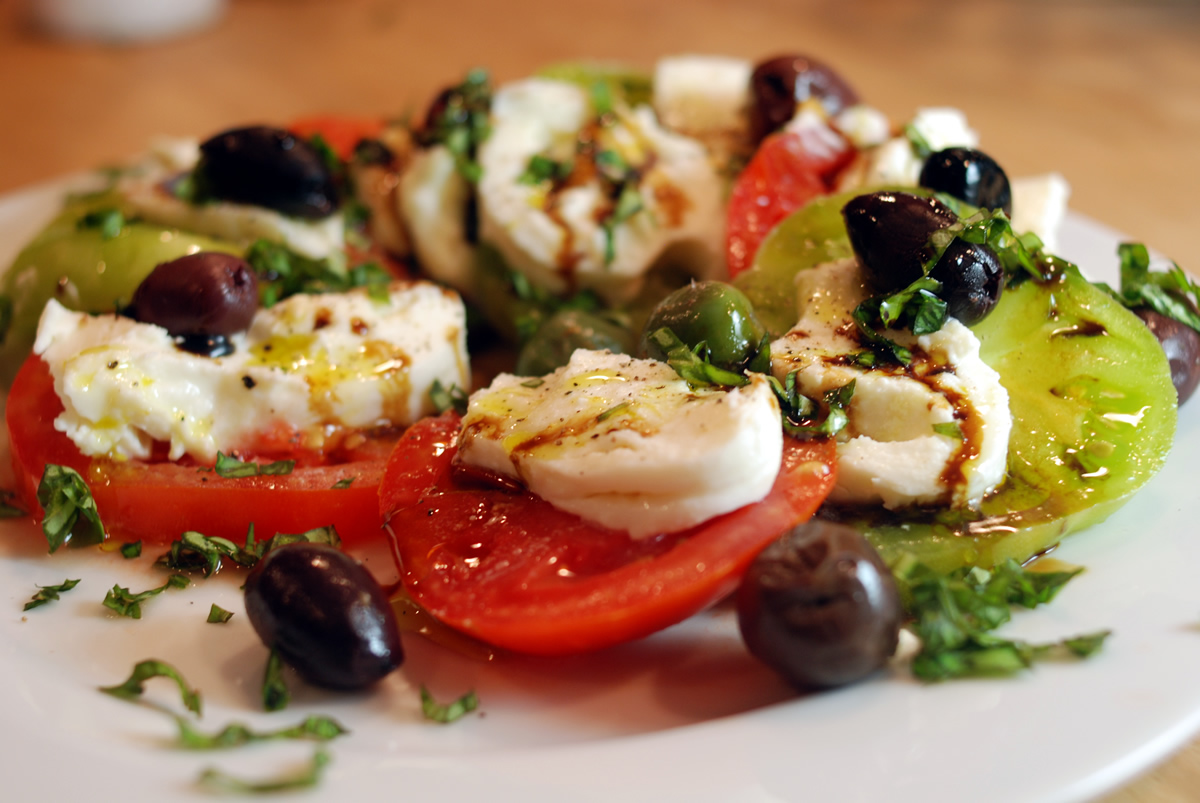
As I’m reading this, I’m thinking about what I’ve been eating down here at the Jersey shore. I wait all year to enjoy the New Jersey beef steak tomatoes that are grown close by and purchased at a Clinton Conover Farm Stand on Route 9. It’s the same with the local sweet corn. It’s the best corn all summer – “in my opinion.”
Sure there is some local Jersey pride happening here but I just asked my friend from Utah about our tomatoes and she says they are the best she’s ever tasted. The peaches here are also outstanding. They seem sweeter than the local peaches we get from our farmer’s co-op out of Lancaster which are really good but not quite as sweet.
So, I understand the term “terroir” from a Jersey state of mind and will start paying attention to it in the future when repurchasing local harvests in Philadelphia. I don’t think the United States will ever become as territorial as Mark describes Italy and Japan. Still, I’m hoping I can get more involved with the local farmers’ markets and the excellent source of goods produced by the Amish in the Lancaster area.
I have enjoyed a small sampling of dairy and meat products offered to me by my friend Bruce Gill who makes a weekly journey to pick up supplies for the Harriton House in Bryn Mawr. I know there are local suppliers of chicken and pork but have not made the effort to seek them out. So I thank Mark for introducing me to this term “terroir” and encourage you to find your own versions in your own backyards.

